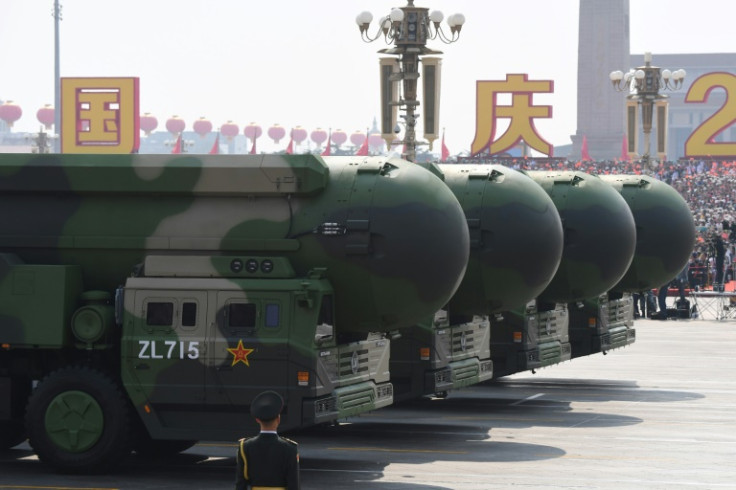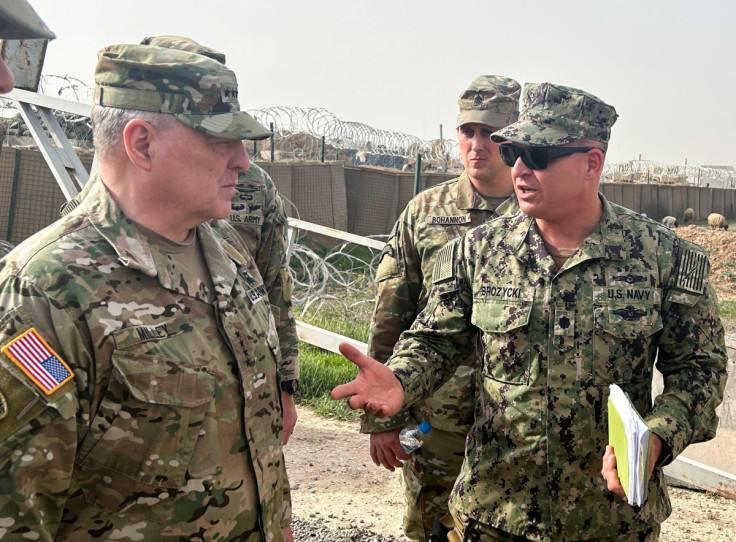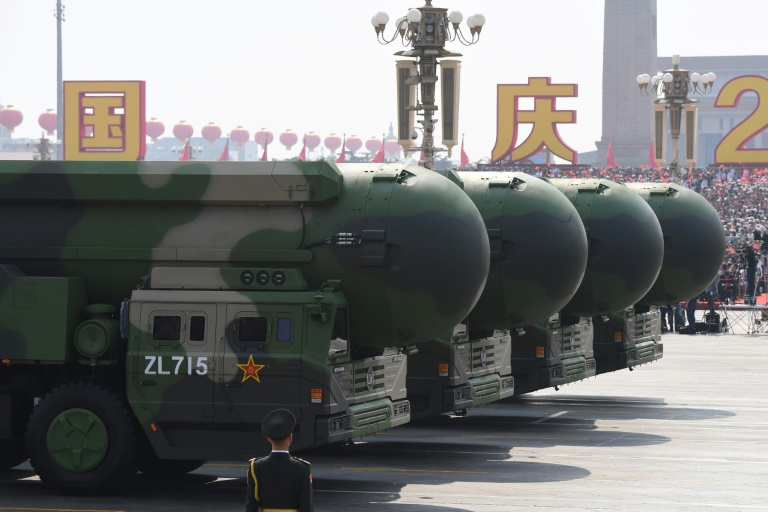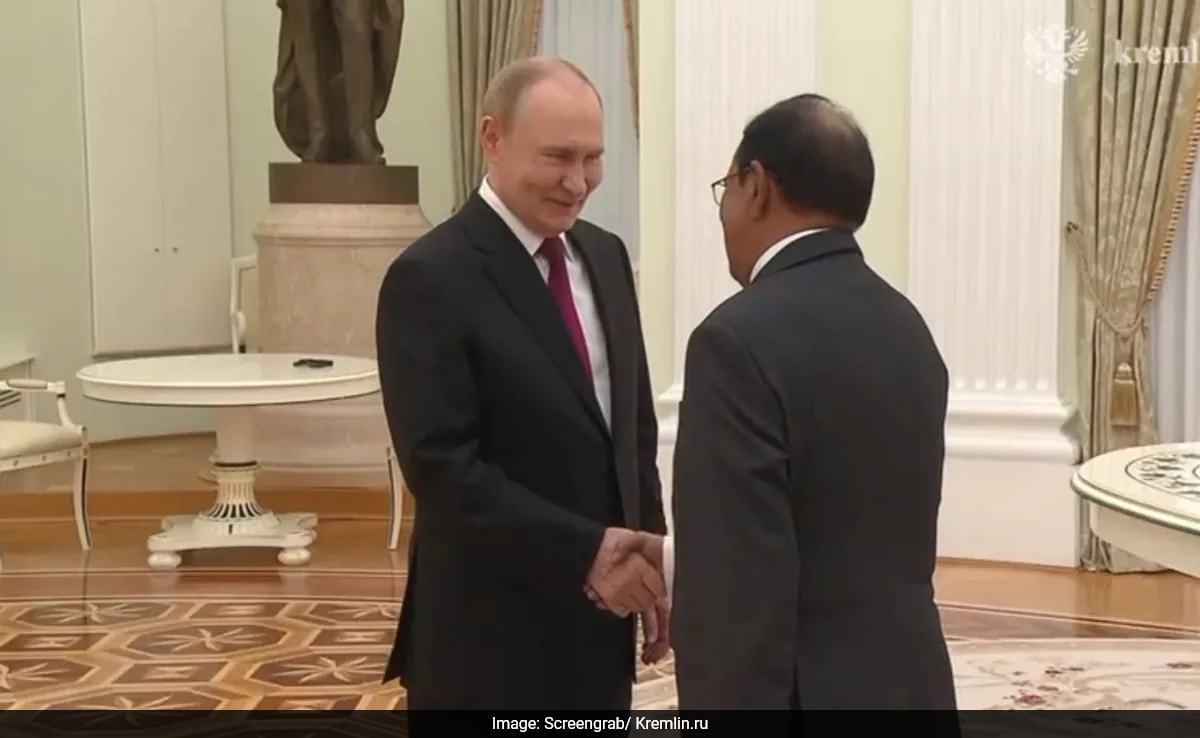[ad_1]

KEY POINTS
- A Pentagon official said that China is “in the midst of” modernizing its nuclear arsenal
- Ely Ratner said the “forces of stability” are outpacing China’s aggression in the Indo-Pacific
- U.S. officials are not closing the door on arms control talks with China
A senior Pentagon official said China’s move to modernize its nuclear arsenal is making the U.S. feel pressure to improve its deterrence in the Indo-Pacific region alongside its allies and partners.
Ely Ratner, the assistant secretary of defense for Indo-Pacific security affairs, told the South China Morning Post (SCMP) that China’s People’s Liberation Army “is in the midst of a major nuclear modernization.”
Ratner added that China’s continued aggression and weapons development are compelling the U.S. to make sure it has the ability to maintain deterrence in the region, which he said “remains a number one priority for the United States as it relates to our allies and partners.”
However, the defense official said he firmly believes the “forces of stability are outpacing the forces of aggression and coercion.”
During the Shangri-La Dialogue security summit in Singapore last weekend, Defense Secretary Lloyd Austin reiterated that the U.S. is “serious about our commitment to extended deterrence,” referring to the nuclear umbrella with several Asian countries.
When asked if the U.S. would propose nuclear arms control with China, Austin said it is possible to “get some work done” if they “answer the phone.”
Last week, National Security Adviser Jake Sullivan said the U.S. does not need to “outnumber” the combined total of China and Russia’s nuclear arsenals to create an effective deterrence, insisting that the country has the “number and type of capabilities today that we need.”
Sullivan said that the Biden administration will try to restart arms control discussions with other nuclear-armed members of the U.N. Security Council, which includes China, allowing them to avoid accidental conflict and to become transparent on nuclear missile tests, The New York Times reported.
But a senior Biden administration official, speaking on the condition of anonymity, told AFP that discussions about a possible arms control with China hinge on how the U.S. would engage with Beijing.
The official said the administration needs to understand China’s “willingness to sort of engage in more substantive dialogue with us because the size of their arsenal, the shape of their force, any shift in their policies will impact our own force posture in the future.”
According to an annual survey by the Federation of American Scientists, China has 410 nuclear warheads in its inventory.
A report last year by the Department of Defense predicted that the number of Chinese nuclear warheads could grow to 1,000 by 2030 and 1,500 by 2035 if the current pace of production were maintained.
However, Zhao Xiaozhuo, a Chinese senior colonel, said the U.S. projections of China’s nuclear arsenal had “no basis,” claiming that the quantity and quality of their nuclear warheads are “far away” from that of the U.S. nuclear arsenal.

[ad_2]
Source link







